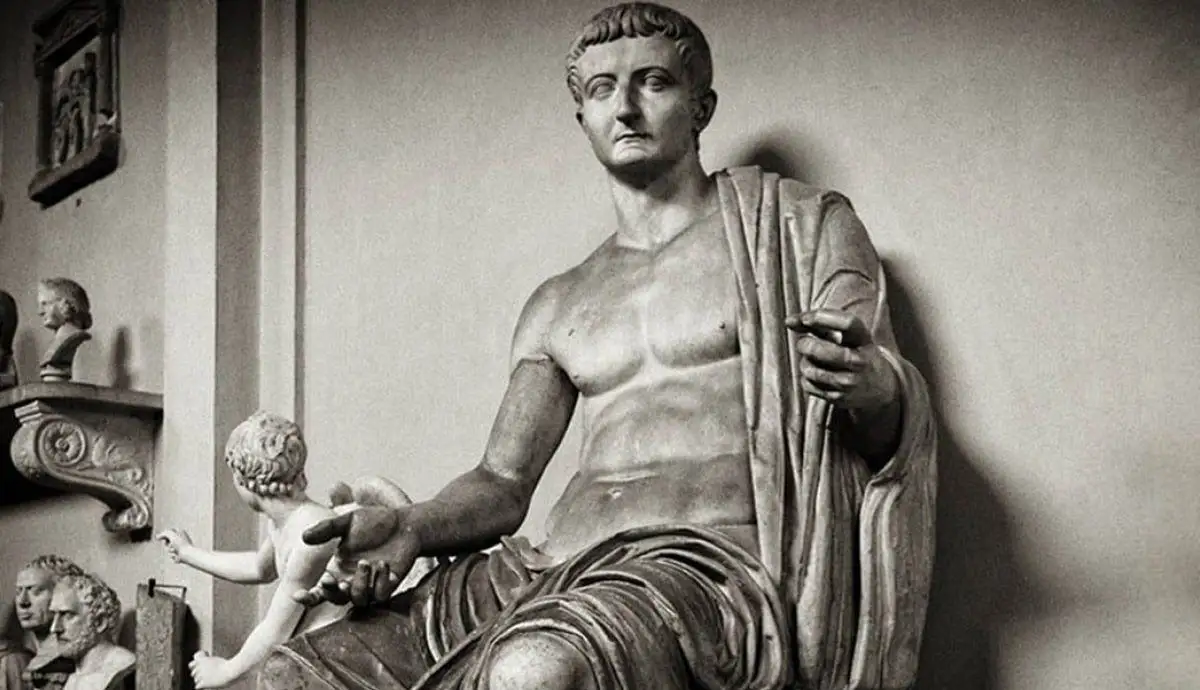The reign of Tiberius Claudius Nero, commonly known as Tiberius, occupies a complex and intriguing chapter. As the second Emperor of Rome, succeeding the legendary Augustus, Tiberius faced the daunting task of upholding his predecessor's legacy while navigating the treacherous waters of imperial politics. From his early years to his tumultuous reign and enduring legacy, Tiberius's story is one marked by ambition, intrigue, and controversy.
Early Life and Rise to Power
Tiberius was born on November 16, 42 BCE, into the prominent Claudian family, renowned for its military and political influence in Rome. From a young age, Tiberius demonstrated his martial prowess and leadership abilities, serving with distinction in the Roman army and earning the admiration of his peers and superiors. However, his path to power was fraught with challenges, as he contended with rival factions and shifting alliances within the imperial court.
Tiberius Facts: A Glimpse into the Emperor's Life
- Military Career: Tiberius's military career was marked by several notable achievements, including his service in the campaigns of his stepfather, Augustus, against the forces of Mark Antony and Cleopatra. He distinguished himself as a capable commander and strategist, earning the respect of his fellow soldiers and the admiration of his superiors.
- Adoption by Augustus: In 4 CE, Tiberius was adopted by Augustus, who saw in him a potential successor to the imperial throne. This adoption solidified Tiberius's position within the imperial family and paved the way for his eventual ascension to power.
- Succession to the Throne: Upon the death of Augustus in 14 CE, Tiberius reluctantly assumed the mantle of Emperor, facing the daunting task of filling the shoes of his revered predecessor. His accession to power was met with mixed reactions, with some hailing him as a worthy successor to Augustus, while others viewed him with suspicion and skepticism.
Tiberius's Reign: A Time of Turmoil and Tyranny
Tiberius's reign as Emperor was characterized by a combination of political intrigue, administrative reforms, and allegations of tyranny and oppression. Despite his efforts to govern wisely and justly, Tiberius's rule was marred by controversies, including his infamous retreat to the island of Capri, where he reportedly indulged in debauchery and excess.
Emperor After Augustus: Tiberius's Enduring Legacy
Tiberius's reign came to an end with his death on March 16, 37 CE, after twenty-three years on the throne. Despite the controversies and criticisms that surrounded his rule, Tiberius left behind a complex and multifaceted legacy. He was succeeded by his grand-nephew, Caligula, whose reign would usher in a period of instability and upheaval in the Roman Empire.
The Legacy of Tiberius
The reign of Tiberius Claudius Nero stands as a testament to the complexities of power and governance in ancient Rome. From his humble beginnings to his ascension to the imperial throne, Tiberius's life and legacy continue to intrigue and captivate historians and scholars to this day. As we reflect on his reign and its impact on the course of Roman history, we are reminded of the enduring allure of one of antiquity's most enigmatic figures.




